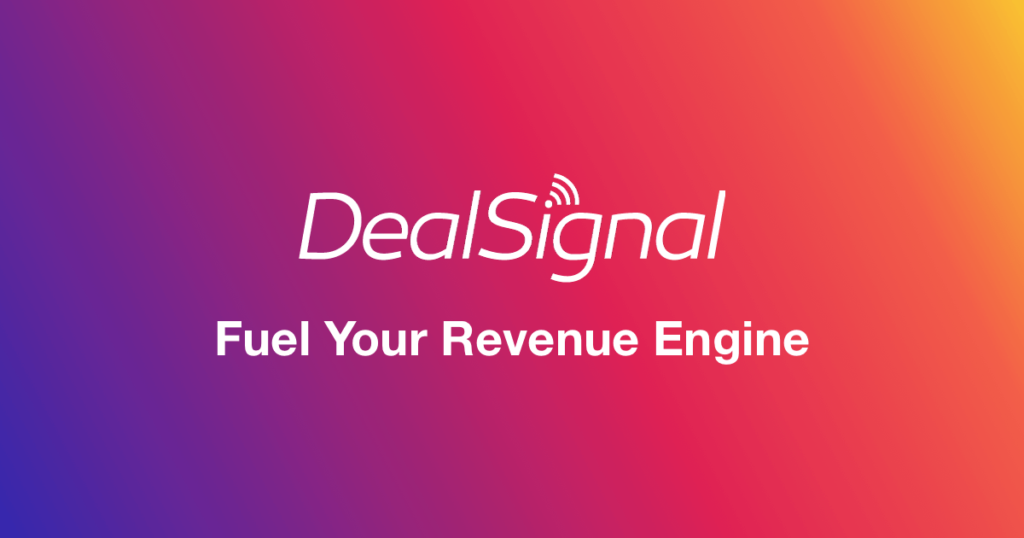Digital Analytics refers to the process of collecting, measuring, analyzing, and interpreting data from various digital sources to gain insights into user behavior, interactions, and performance across digital platforms and channels. It encompasses the use of tools and methodologies to track and quantify online activities, enabling businesses to make informed decisions, optimize strategies, and improve user experiences in the digital realm.
Digital analytics is essential for optimizing digital marketing efforts, improving user experiences, and driving business growth. By understanding user preferences, behaviors, and pain points, organizations can tailor their strategies to better meet customer needs and achieve their objectives in the dynamic digital landscape.
Key Components of Digital Analytics:
- Data Collection: Gathering data from multiple digital touchpoints such as websites, mobile apps, social media, email campaigns, and online advertising.
- Data Measurement: Using metrics and key performance indicators (KPIs) to quantify user actions and engagement, such as page views, click-through rates, conversion rates, bounce rates, and more.
- Data Analysis: Employing statistical and analytical techniques to interpret the collected data, identify patterns, trends, and insights.
- Reporting and Visualization: Creating reports and visual representations of data to communicate findings and support decision-making.
- Optimization: Utilizing insights from data analysis to refine and improve digital strategies, enhance user experiences, and achieve business objectives.
Benefits of Digital Analytics:
- Improved Decision-Making: Data-driven insights enable businesses to make informed decisions and craft effective strategies.
- Enhanced User Experience: Understanding user behavior helps in optimizing digital platforms for better user engagement and satisfaction.
- Increased ROI: By identifying what works and what doesn’t, businesses can allocate resources more effectively and maximize return on investment.
- Personalized Marketing: Data insights allow for more targeted and personalized marketing campaigns, improving relevance and effectiveness.
- Competitive Advantage: Keeping track of digital performance and trends helps businesses stay ahead of competitors by adapting to changing market dynamics.
Digital analytics is a critical component of modern business strategy, providing the insights necessary to optimize digital marketing efforts, improve user experiences, and drive business growth. By systematically collecting, measuring, analyzing, and interpreting data from digital sources, organizations can better understand and meet the needs of their customers, adapt to evolving market conditions, and achieve their objectives in the dynamic digital landscape.
« Back to Glossary Index



